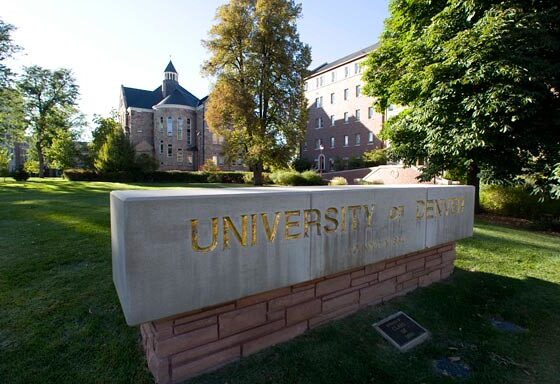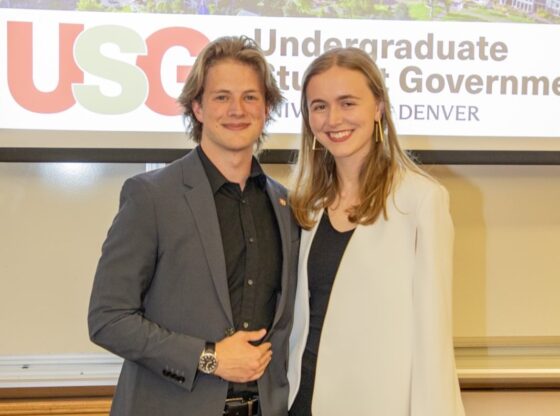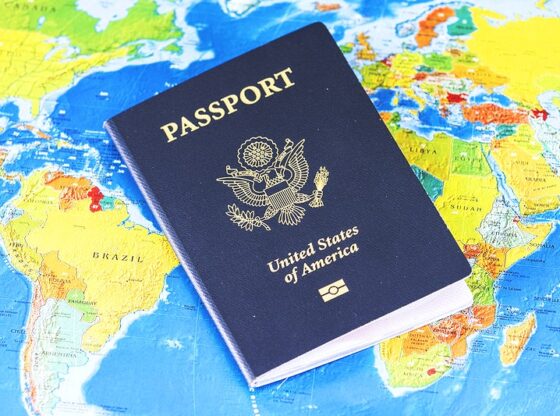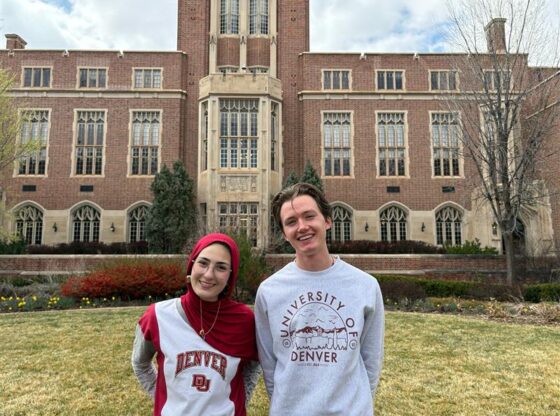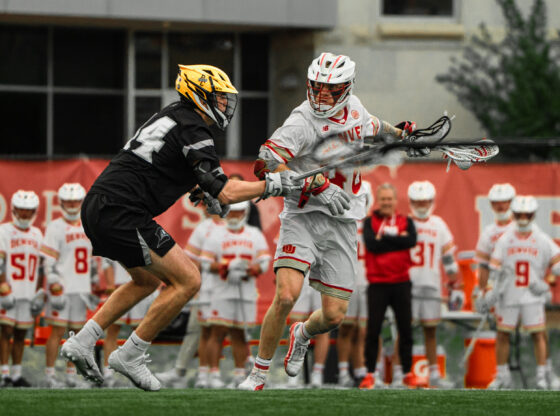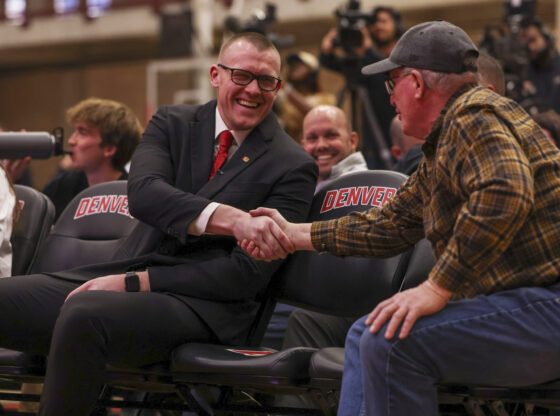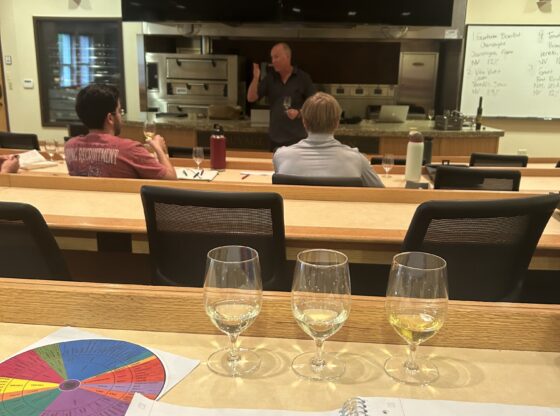Ten million dollars was donated in 2002 by DU alumni Tom and Cydney Marsico to benefit “excellence in undergraduate arts and sciences education”.
The Marsicos simply required the grant to be used to enhance the student experience by developing more rigorous curricula, intensifying interaction with faculty and further develop academic environment.
Tom Marsico said, “We admire Dan Ritchie’s vision and leadership, and we know that the people at DU have the passion it takes to make the experience of learning truly extraordinary.”
In the year and a half since its inception, Marsico Initiative has funded several pilot programs including the four-credit, first-year seminars dedicated to offering students smaller class sizes, two small writing intensive courses in the CORE and Foundations requirements, four numeracy-intensive laboratory sections in the Natural Sciences, and the possible addition of tutorial add-on classes to several courses.
The program’s faculty-led Steering Board established five initial concentration cells including improving writing and numeracy across the curriculum, the first-year experience, intellectual depth, and experiential learning, and after further deliberation added the sixth, faculty enrichment.
Funds can neither be used for individual scholarships or endowments nor departmental budget alterations.
At the announcement of the grant, Provost Robert D. Coombe said, “The Marsico Initiative will be an ambitious program of change that will stretch us in a number of healthy ways. We are energized by the goal of developing an education experience that emphasizes a coherent blend of knowledge and abilities, real-world experience and intellectual depth.”
However, the Marsico Initiative remains open to new program ideas from faculty. The program’s Web site, linked to DU’s Web site, posts all proposals under consideration, minutes of all meetings and other useful information.
To ensure effectiveness, the Steering Board has been meeting with department chairs, departments, divisions and a panel of 11 students who represent the Arts and Humanities, Sciences and the AUSA Senate.
This group has been charged by the Steering Board to discuss aspects of the undergraduate program that students feel need most improvement. The grant is also committed to rigorous, continual assessment of involved programs.
Since Marsico is an evolving process, the net outcome may generate multiple programs that evolve over a five-year period. Though the university may decide to continue to fund certain projects beyond the five year period, continued funding is not assumed.
George Potts, chair of the Marsico committee, said this about the Marsico Initiative, “Most of us have been through more than our share of ‘initiatives.’ The experiences are often not among our fondest memories.”
In that comment in February 2003 before the Faculty Senate, Potts argued, “Faculty have long argued that more resources should be targeted to directly enhance the academic life of the university. The Marsico gift is an important first step in that direction.”




